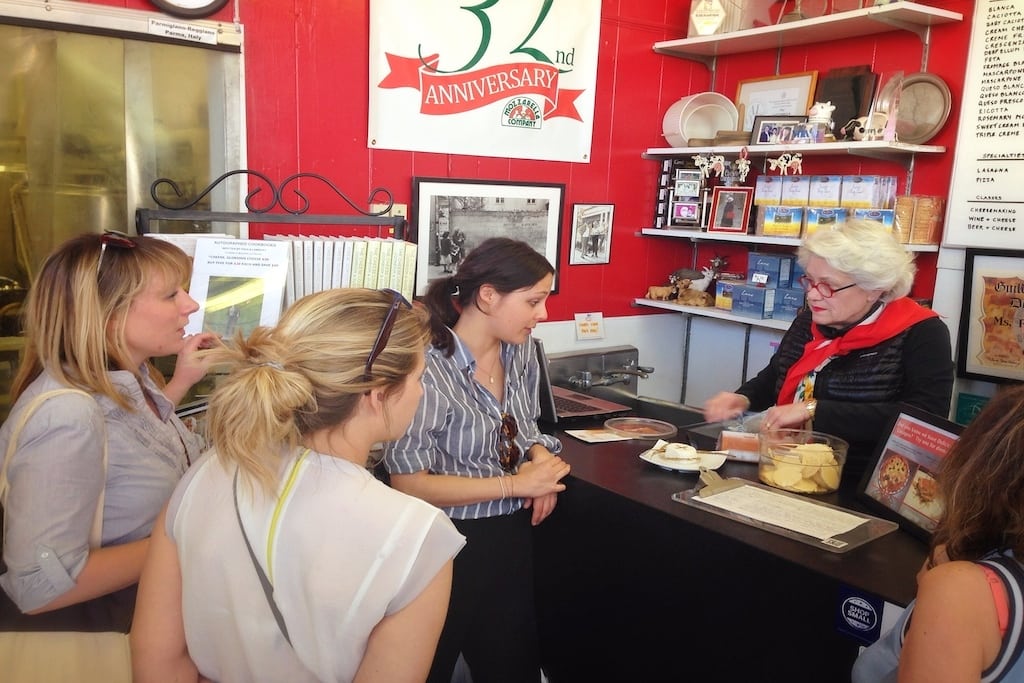Skift Take
Travel advisors need to further diversify their revenue beyond commissions. That's for sure.
When U.S. airlines eliminated base commissions to travel agencies two decades ago, savvy agencies began pivoting toward cruise sales, and many began charging their clients service fees to make up for lost revenue.
Many travel agencies that didn’t adapt to the changed business climate had to close up shop.
But now it turns out that commissions — as opposed to charging clients service fees — still dominate the travel agency business in the U.S., although this compensation is undoubtedly generated mostly from cruise lines and hotels these days rather than from airlines as in the past.
Travel Agent Commission Report, 2019, which Host Agency Reviews published last month, found from a survey that travel advisors belonging to host agencies received about seven times as much commission revenue ($41,417) in 2018 than they did from service fees ($5,863), on average.
“The travel advisor industry has made tremendous headway in charging fees for service, but there is still progress to be made,” Ninan Chacko, CEO of Travel Leaders Group, told Skift. He said his company runs business development programs such as Tzell Travel’s Bootcamp and Protravel International’s Journeys to help travel advisors tilt their businesses toward “true travel consultancies” where service fees would be more prevalent.
The survey queried primarily home-based agents with more than three years’ experience. Here’s the methodology of the survey.
In the prior version of the survey, which covered 2017, travel agencies tied up with a host agency took in 4.67 times more in commissions ($37,349) than from service fees ($7,989). Direct comparisons between the two surveys, though, are difficult because fees were broken out differently.
Travel agency dependence on commissions is becoming even more of an acute issue these days because cruise lines are increasingly introducing services that are not commissionable.
It’s certainly possible that the survey, which is skewed toward home-based agents connected to host agencies, may provide an incomplete portrait of agencies’ compensation structure, and that service fees may play a more important role for some pockets of the trade.
In fact, Chacko said travel advisors focusing on the luxury market would be more likely to charge service or trip-planning fees “because such trips are highly curated.”
Many home-based travel advisors, working as independent contractors, hook up with host agencies such as Nexion Travel Group, Avoya Travel Network, and Oasis Travel Network, for example, so they can use the host agencies’ credentials to make bookings and collect commissions.
“While fees are becoming the norm, we have also seen more advisors affiliating with networks like Travel Leaders Network or host agencies like Nexion Travel Group,” Chacko said. “Through these affiliations, advisors can earn enhanced commissions.”
Matthew Upchurch, the chairman and CEO of luxury travel agency group Virtuoso, said the balance between commissions and service fees has been debated for decades, and he used to think that travel agents who didn’t charge service fees just “didn’t get it.”
But Upchurch said his thinking about service fees has evolved. “The single difference between a trusted advisor and a travel agent was not charging fees, but whether you had the courage and professionalism to explain to your clients how you make money,” Upchurch said. “Doing that creates a new level of trust. Some advisors who have been around a long time may not have actually had that specific conversation, but they have built the trust through years of having strong relationships with their clients.”
Upchurch said he recalls one travel advisor who began her business around eight years ago who charged clients a retainer fee. He assumed another travel advisor charged a service fee, but said, “she told me this, ‘When someone comes to me as a referral I tell them. This is how I work. I don’t charge fees, but here are the types of companies I have deep relationships with and because of the amount of business I do with them they compensate me well. If you book those products we’re a good match, and if not, not.’”
Regardless of the business model an agency deploys, Upchurch said the most important thing is they become “a trusted travel advisor and trade on lifetime value.”
Upchurch said: “Service fees are one way, but it’s more about the conversations and the trust factor and that can be built in different ways.”
In other survey findings, the average annual income, including full- and part-time travel advisors with at least three years’ experience, rose 9.37 percent to $44,312 in 2018 in the United States. Some 10 percent of travel advisors with at least 15 years’ experience generated annual incomes of more than $100,000.
The Daily Newsletter
Our daily coverage of the global travel industry. Written by editors and analysts from across Skift’s brands.
Have a confidential tip for Skift? Get in touch
Tags: commissions, compensation, cruises, fees, travel advisor innovation report, travel agents
Photo credit: Travel advisors get the bulk of their compensation from commissions. Pictured is a visit associated with the Dallas Convention & Visitors Bureau Dallas Convention & Visitors Bureau
